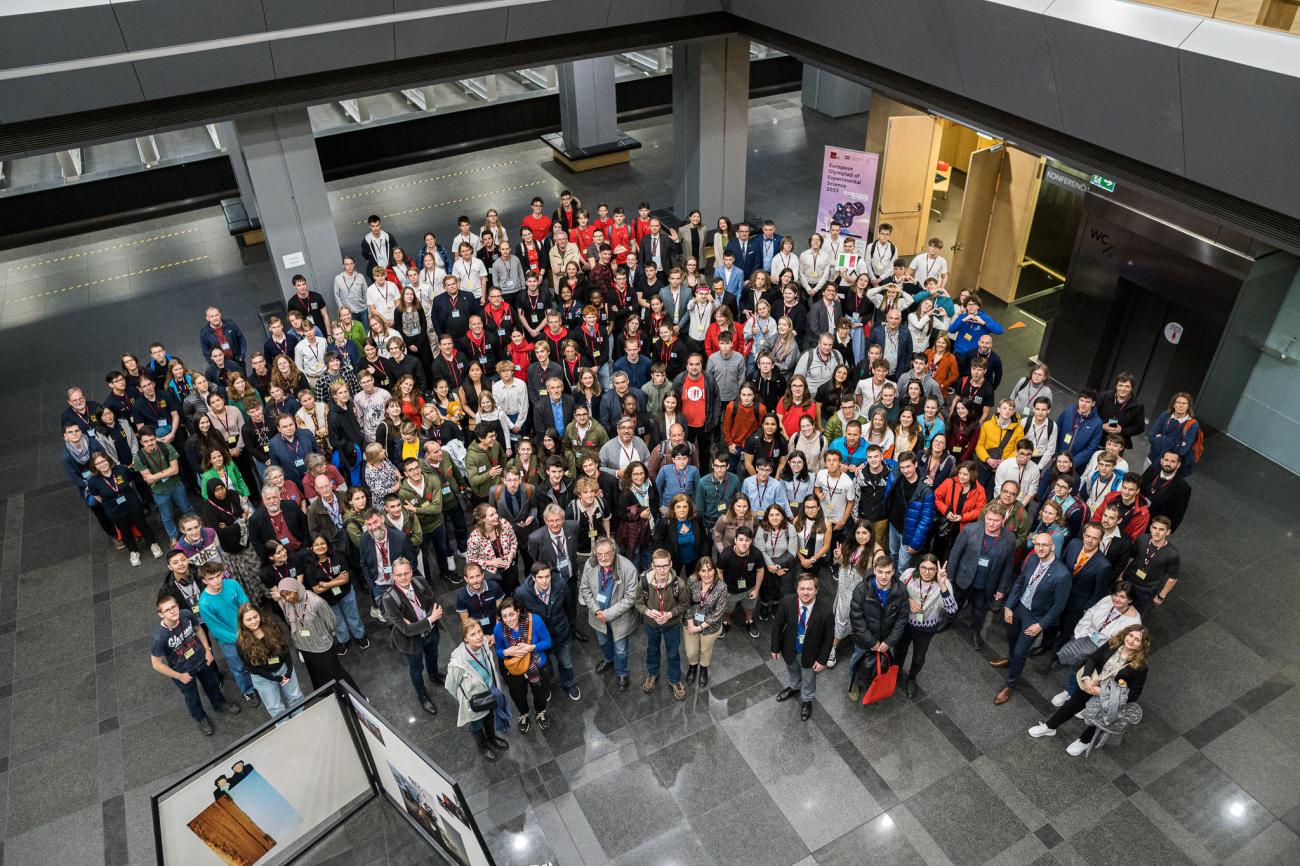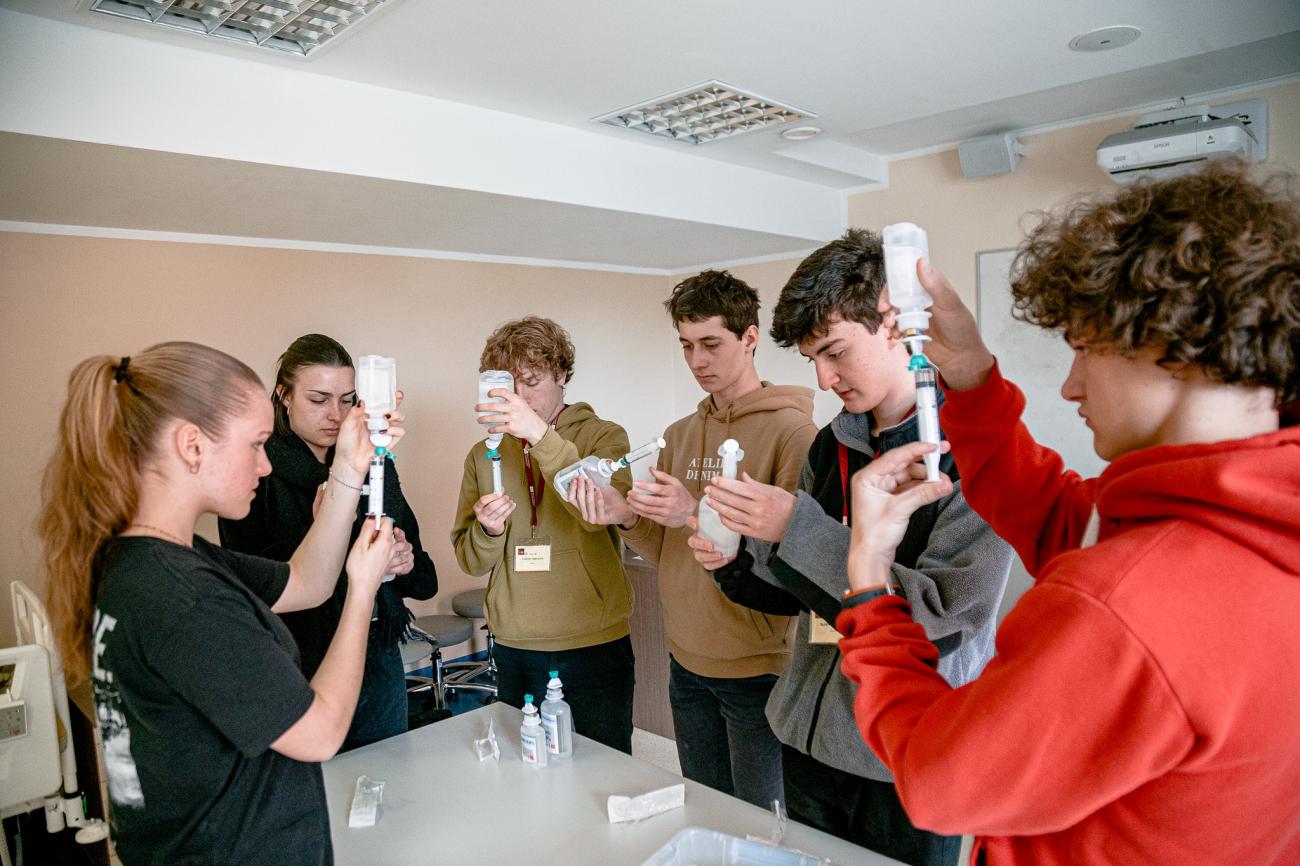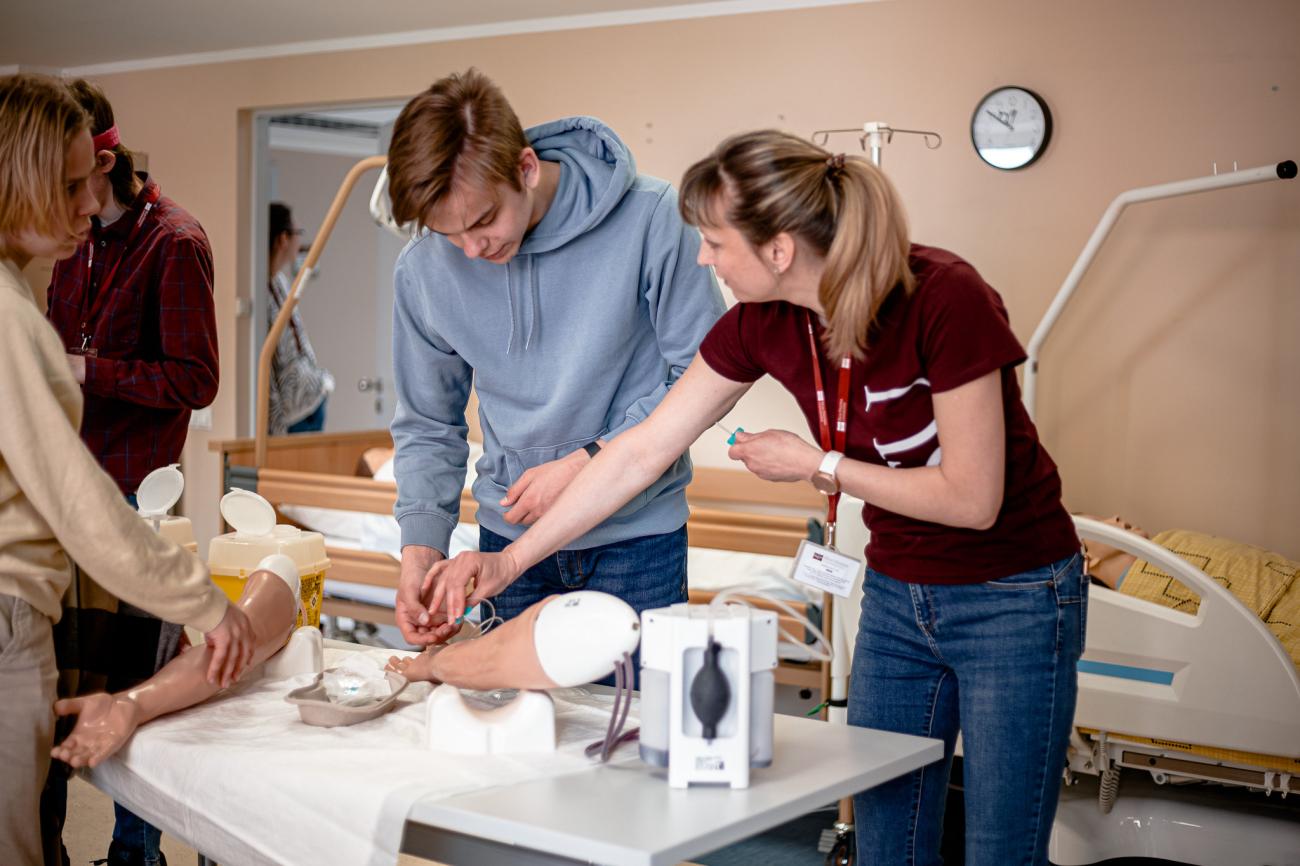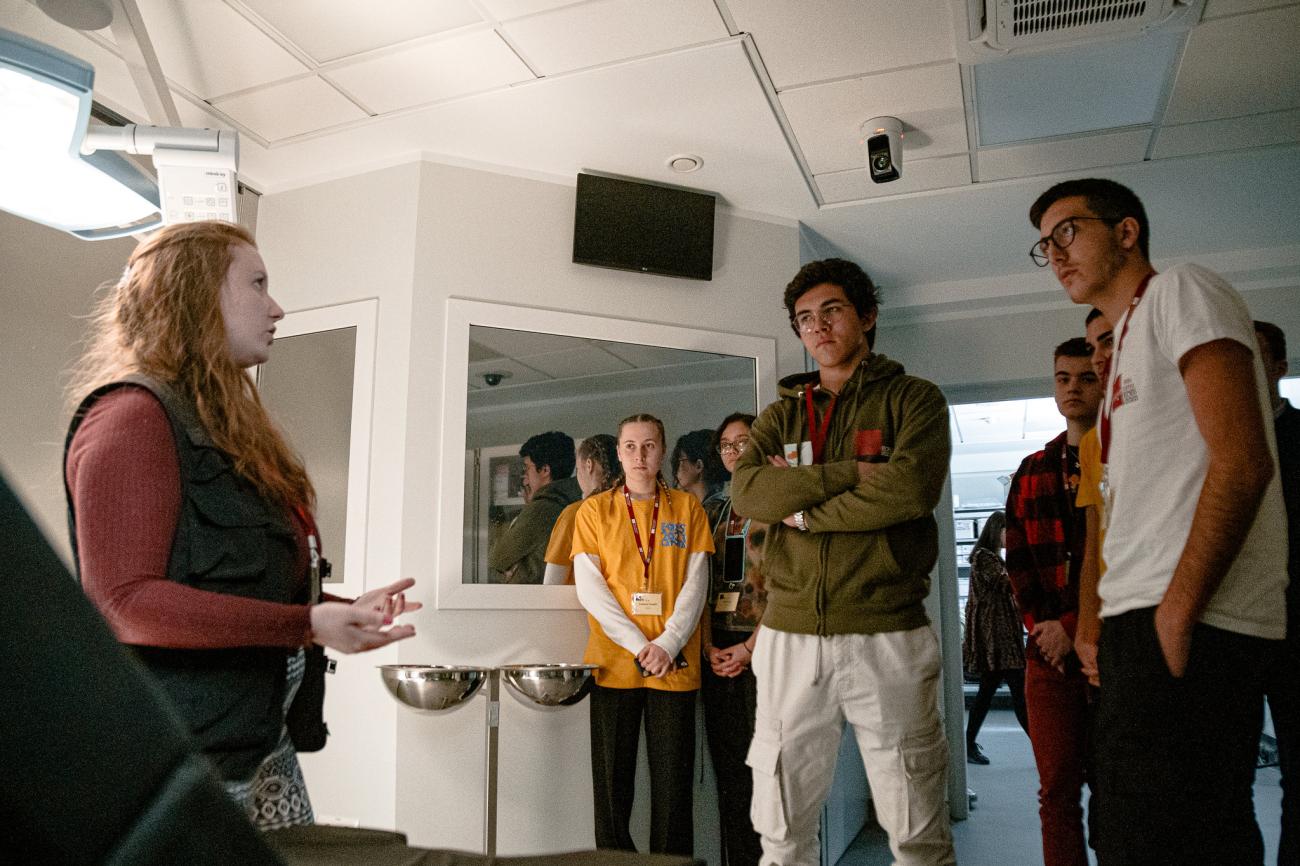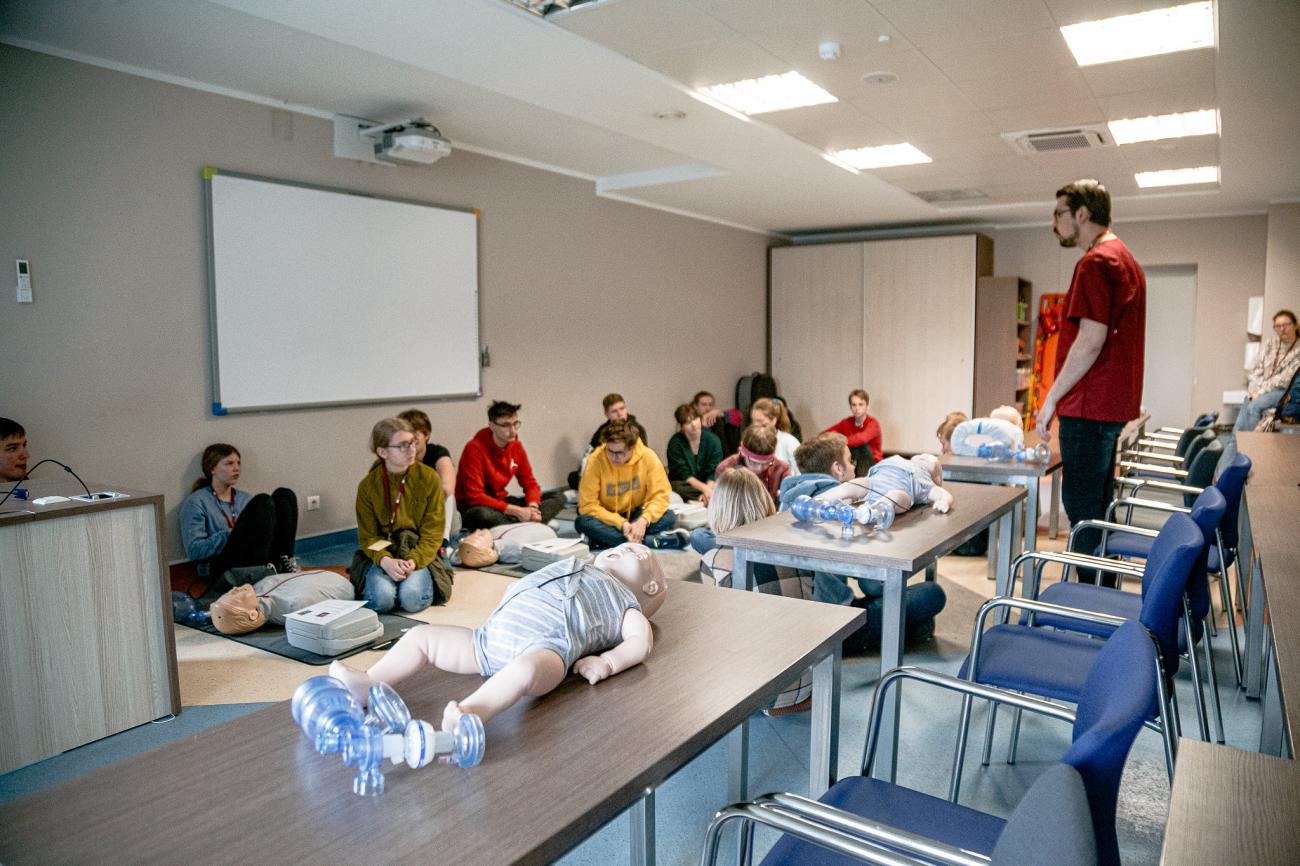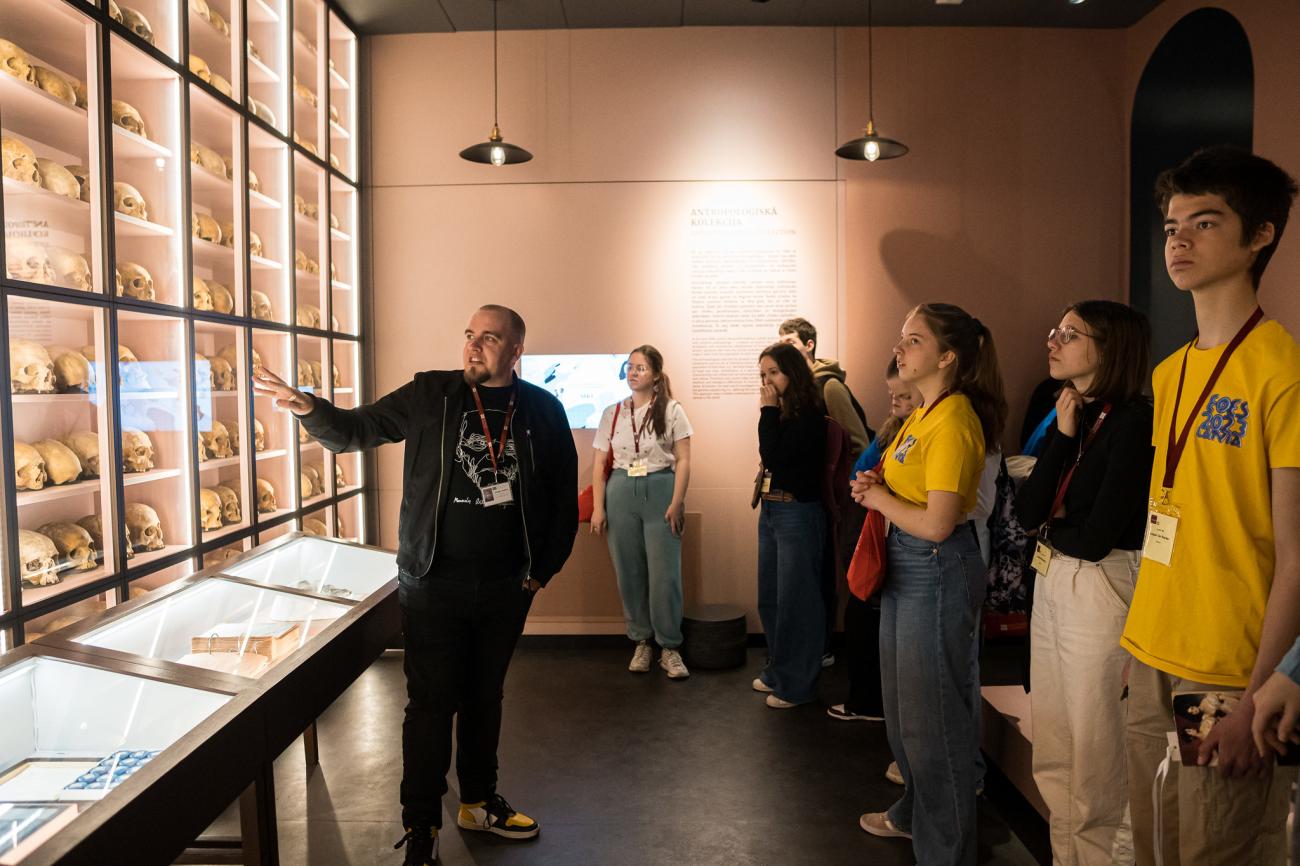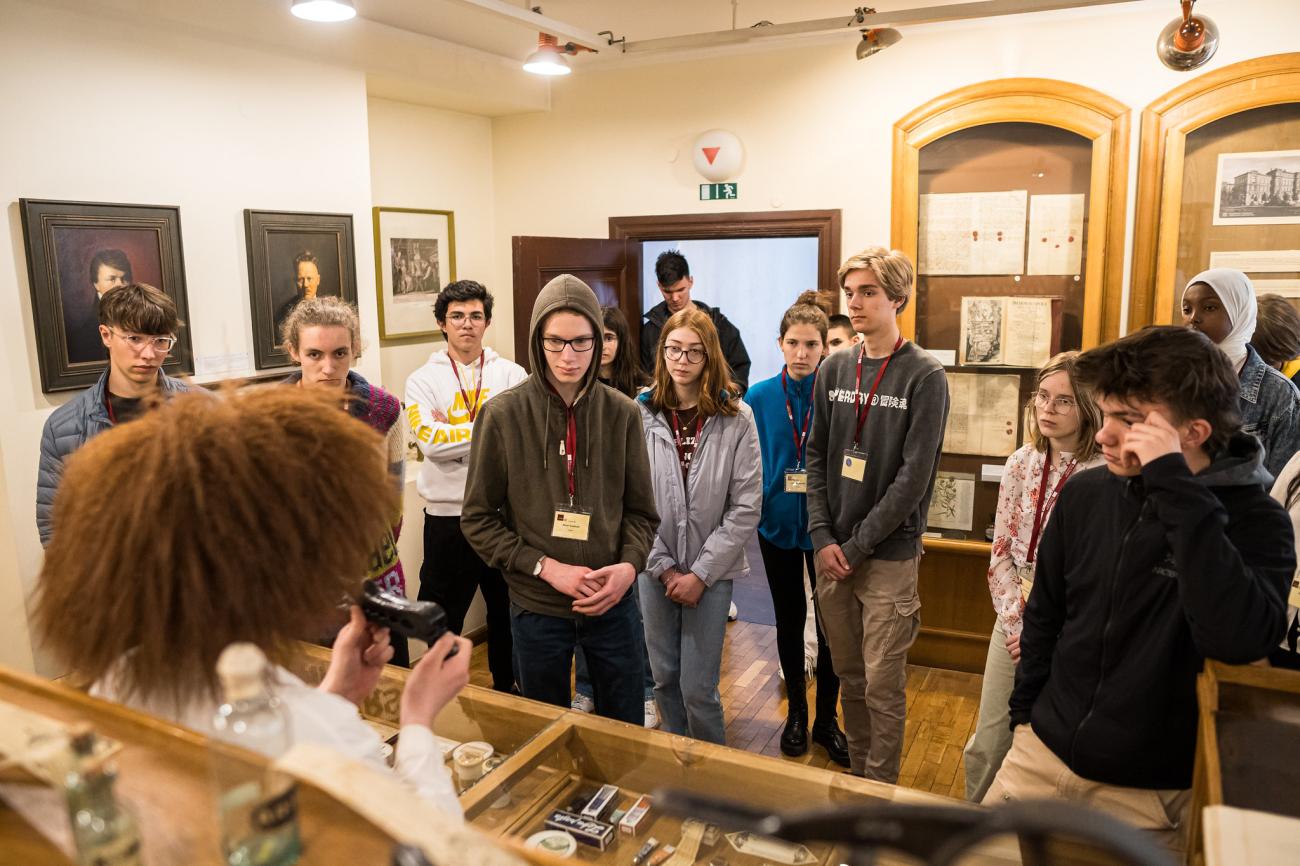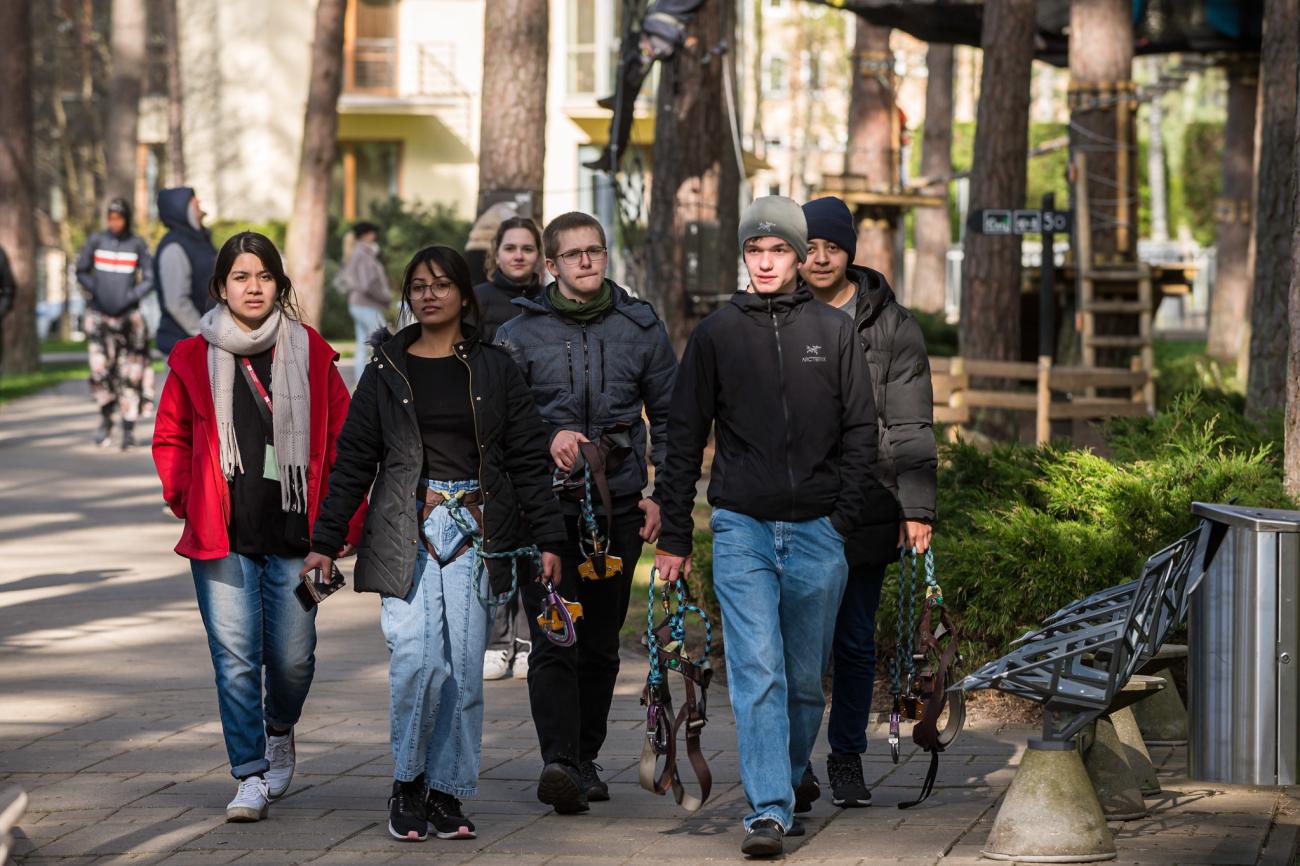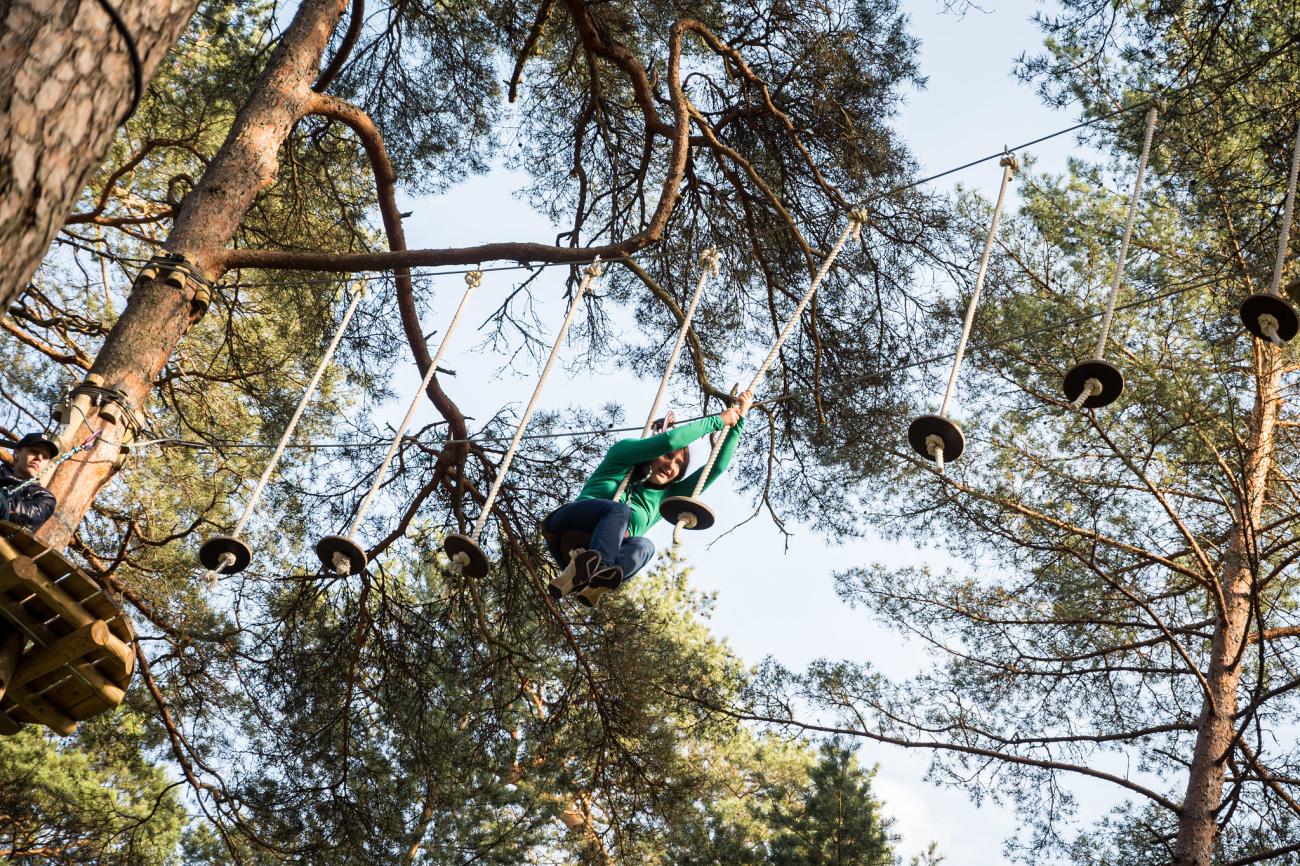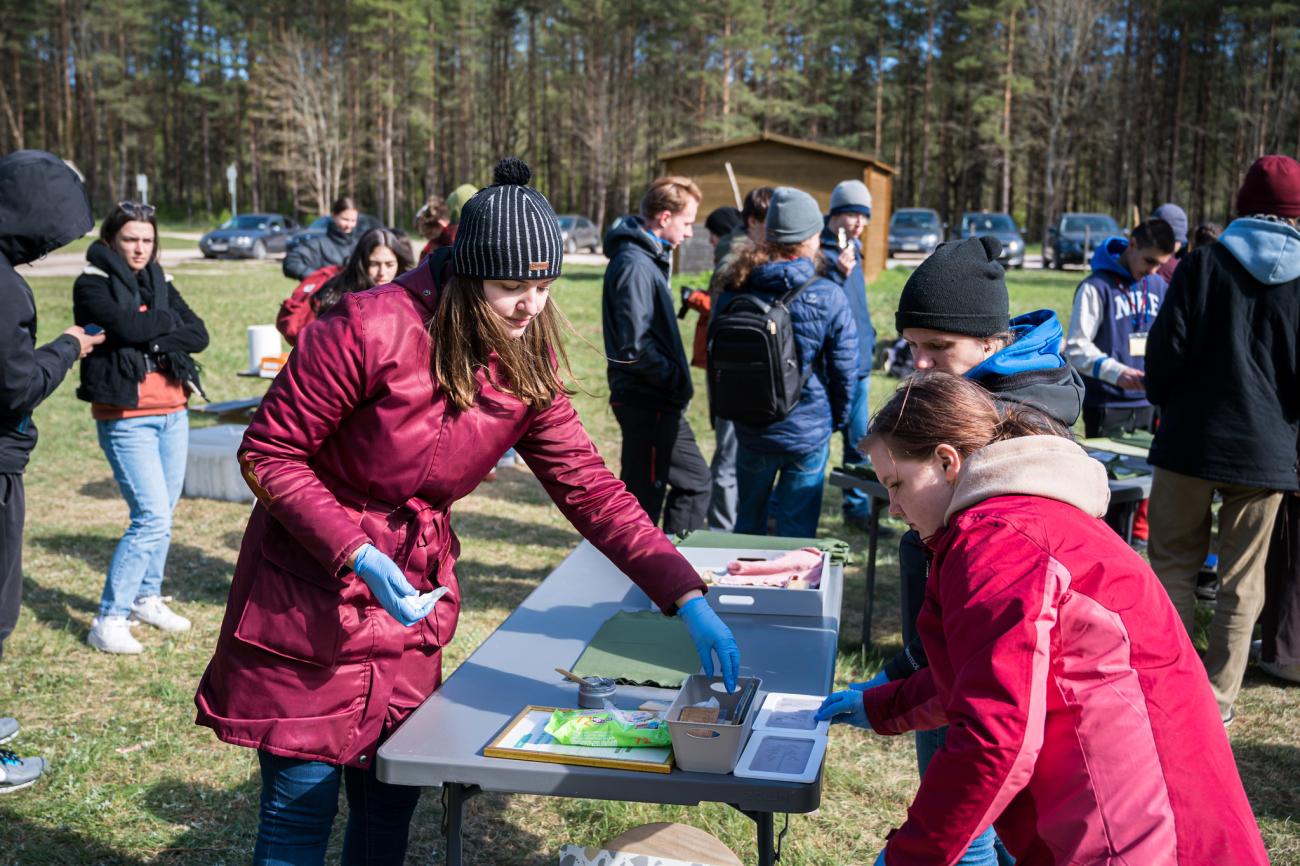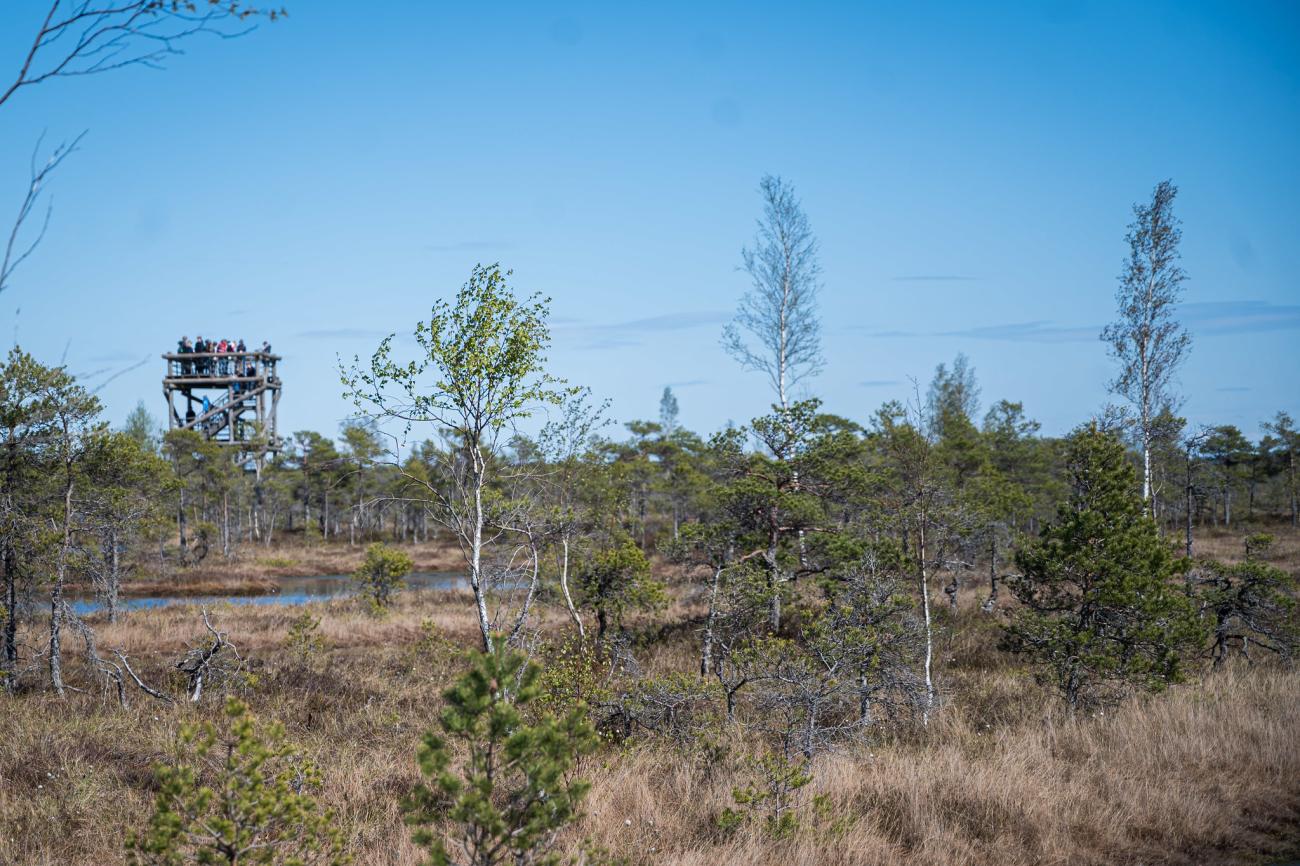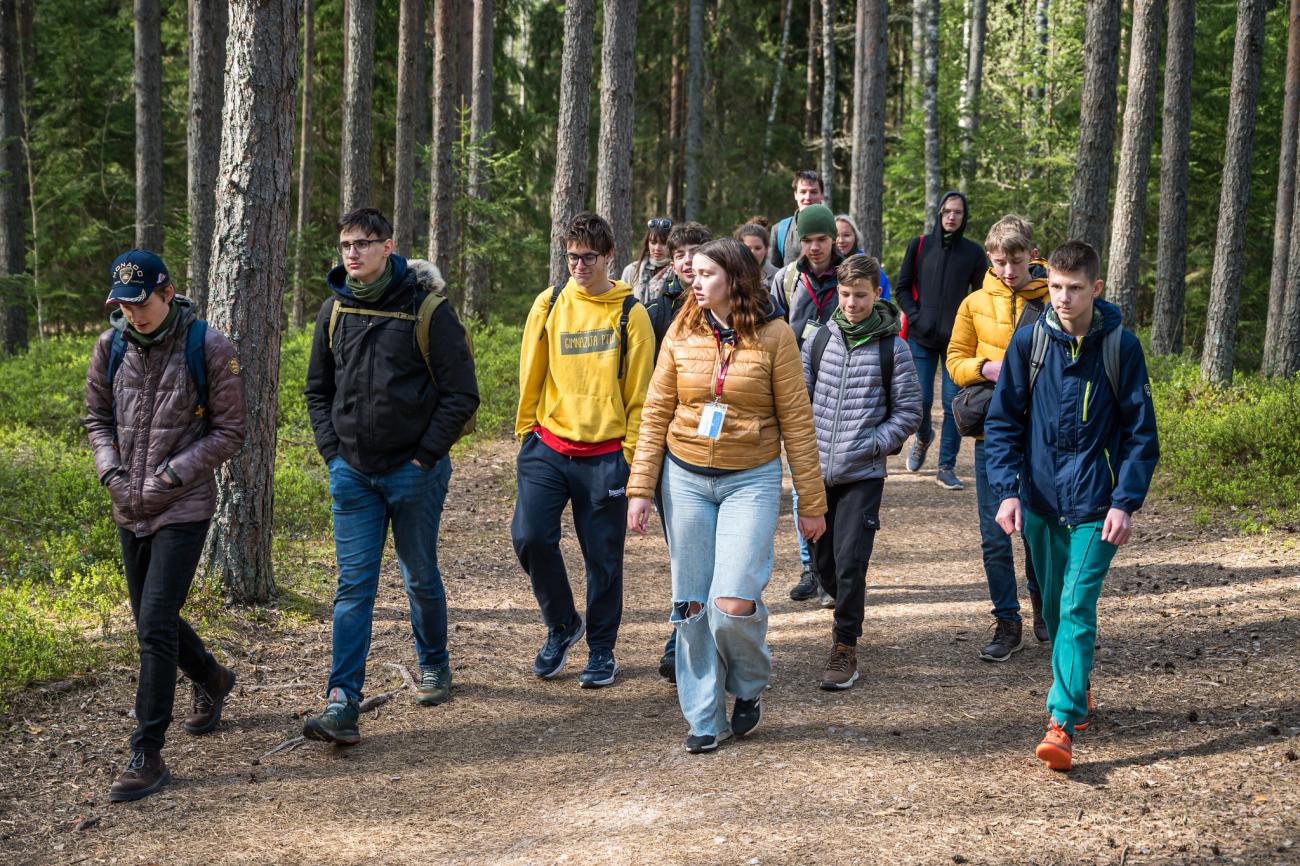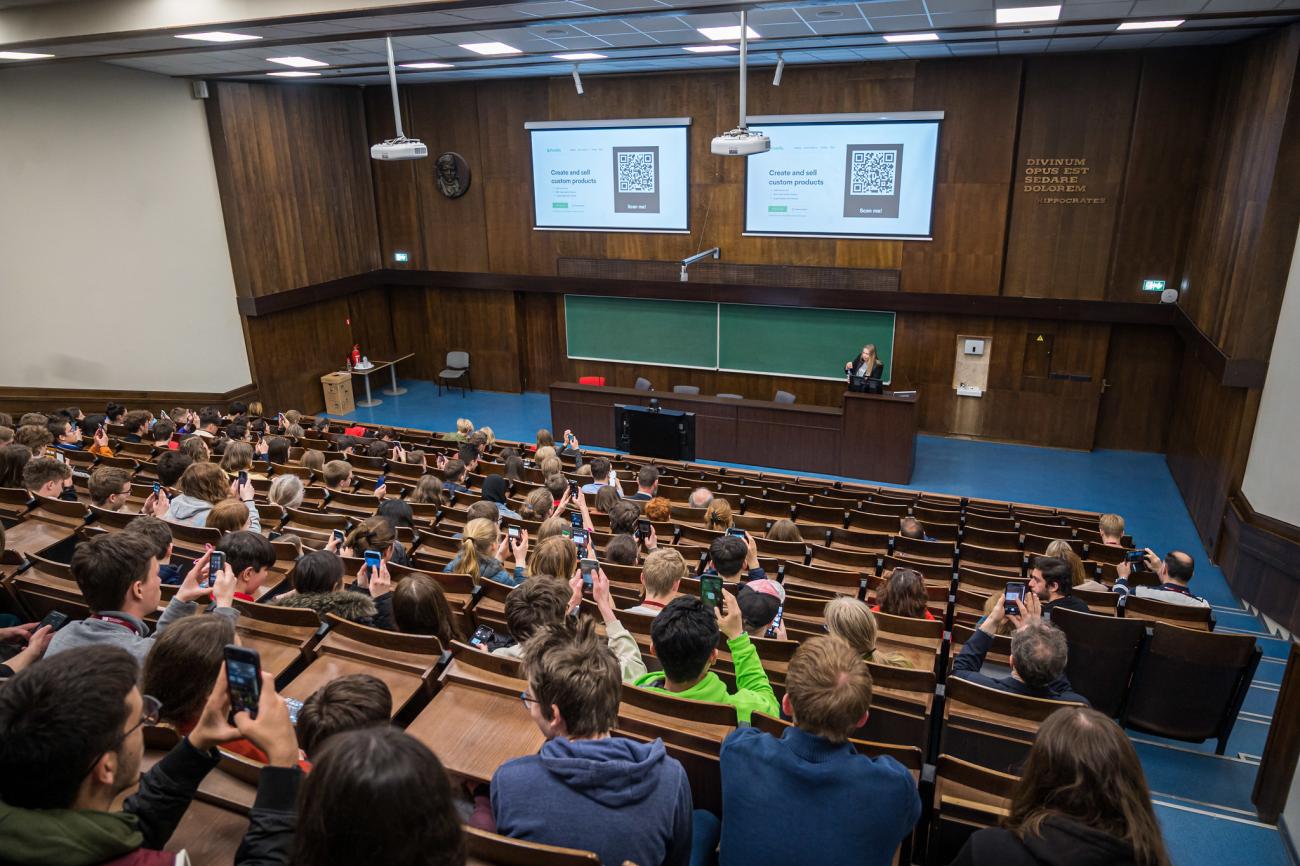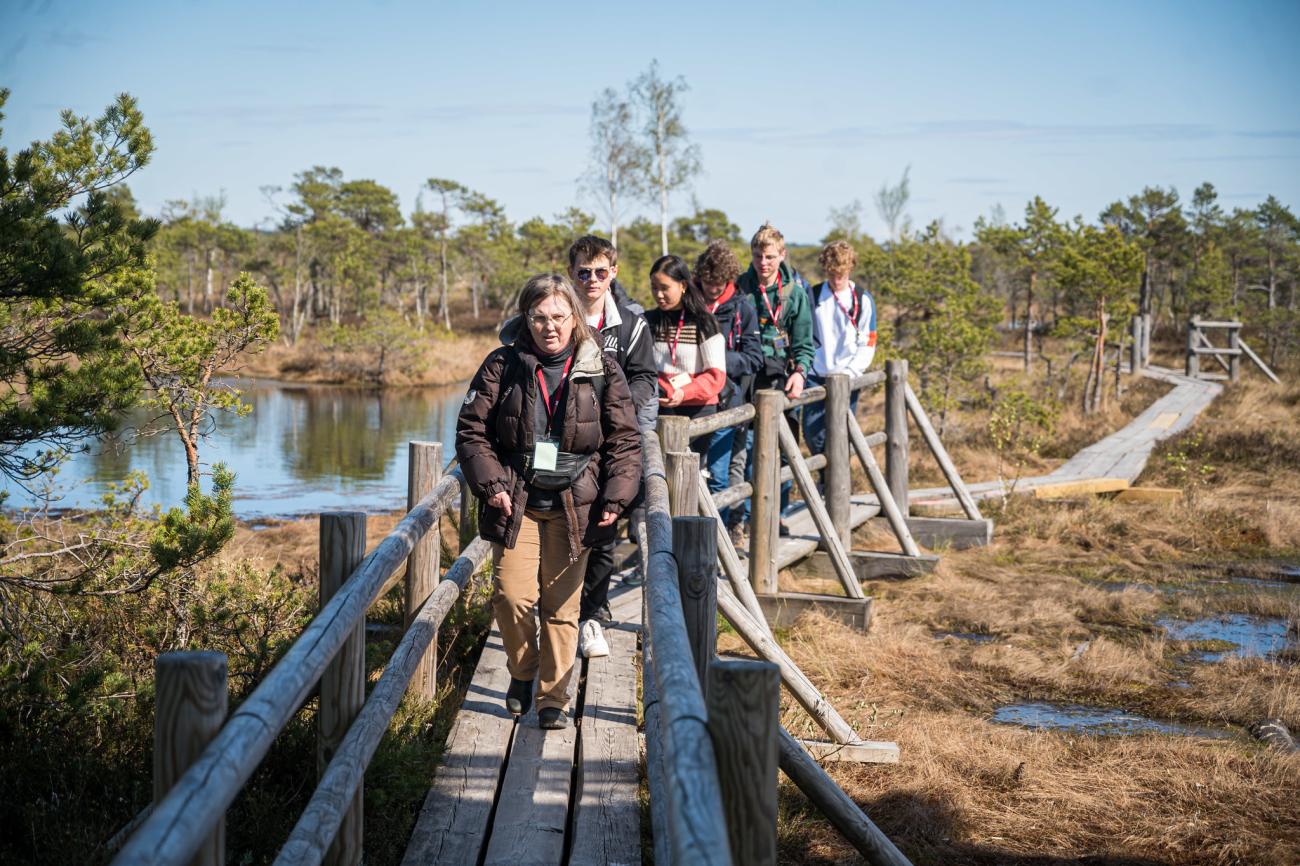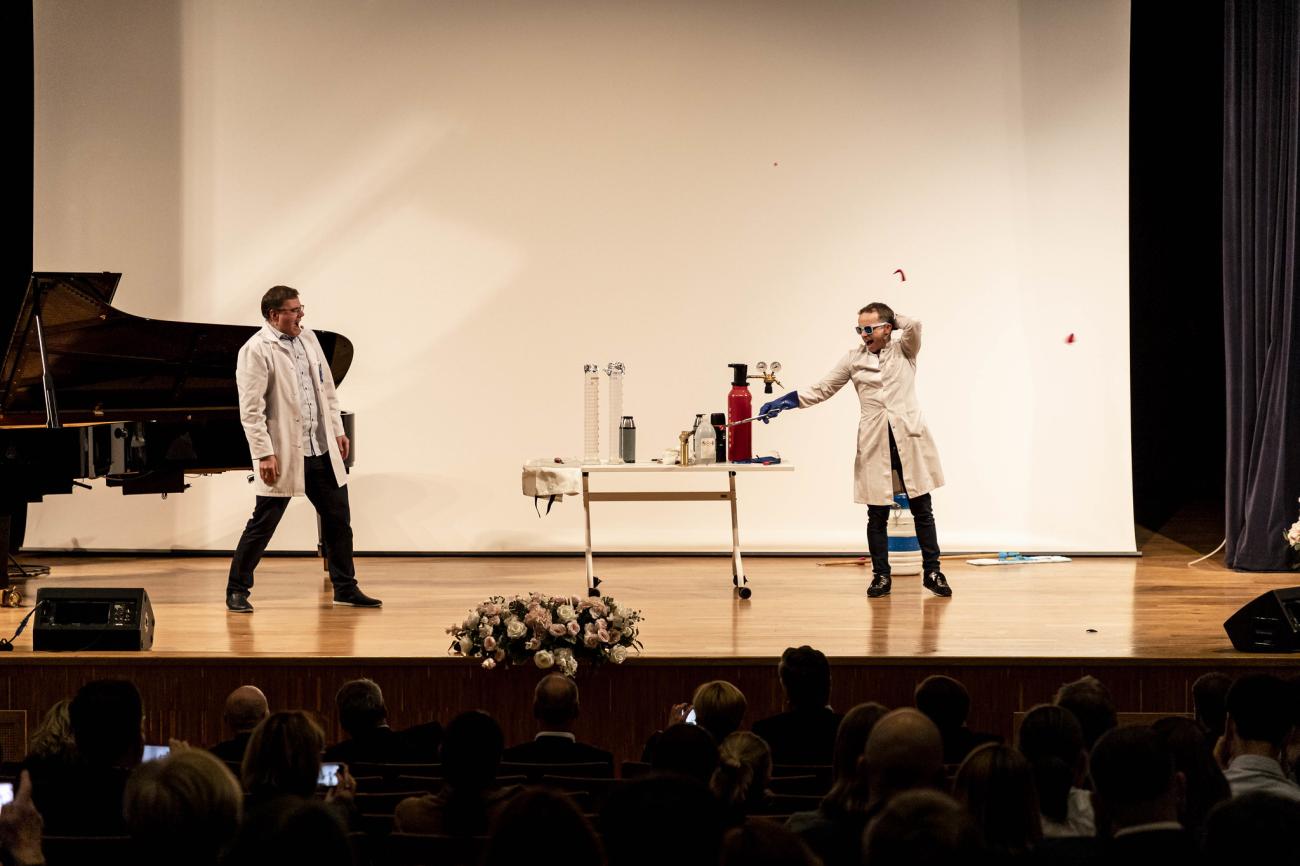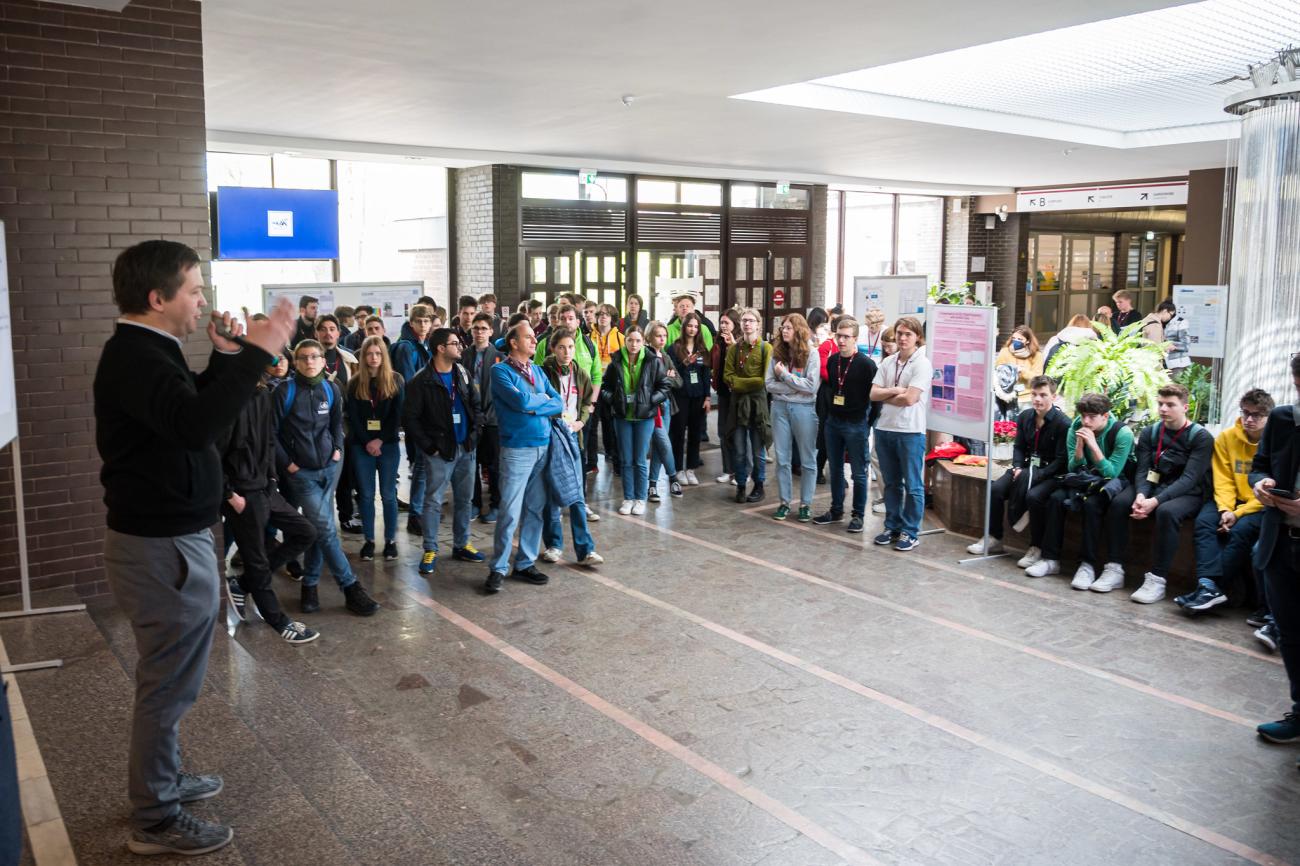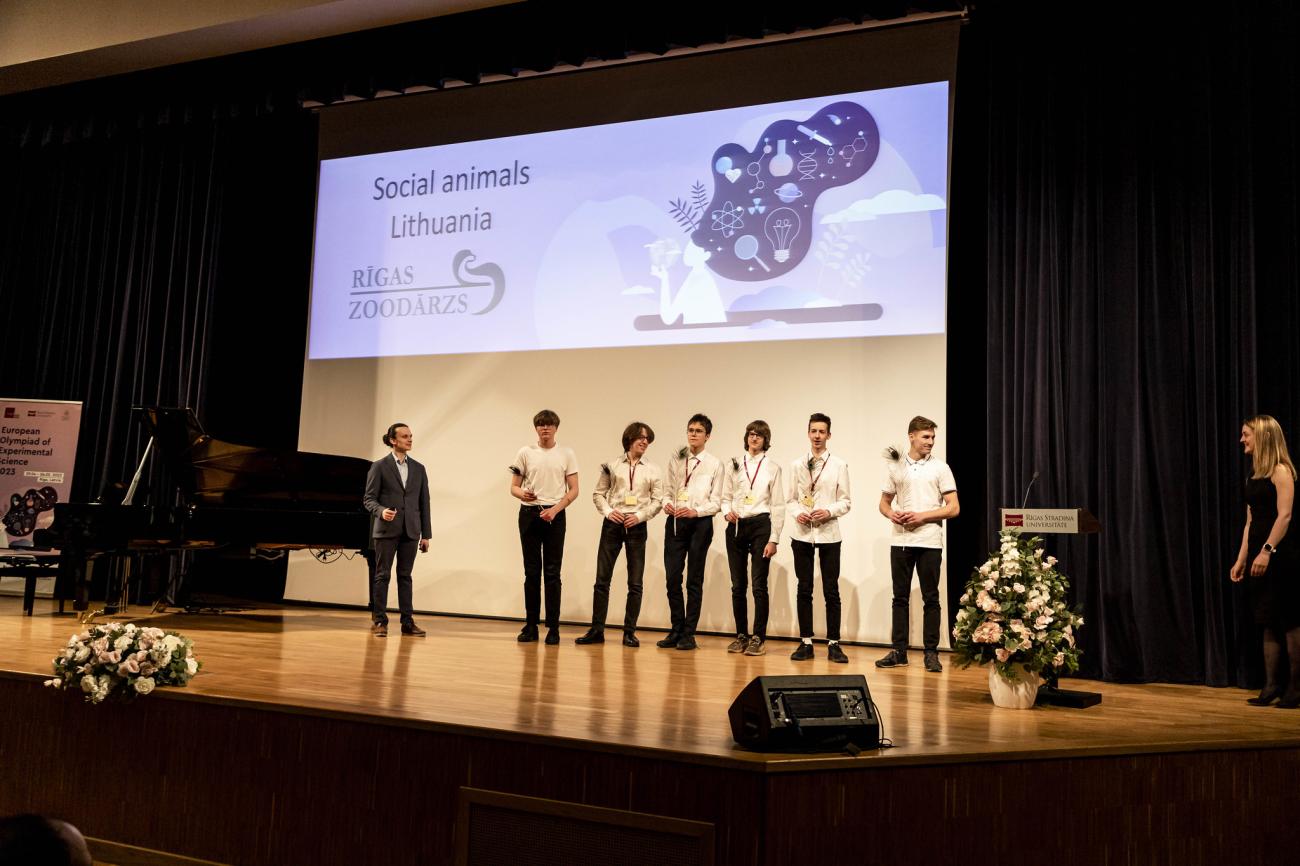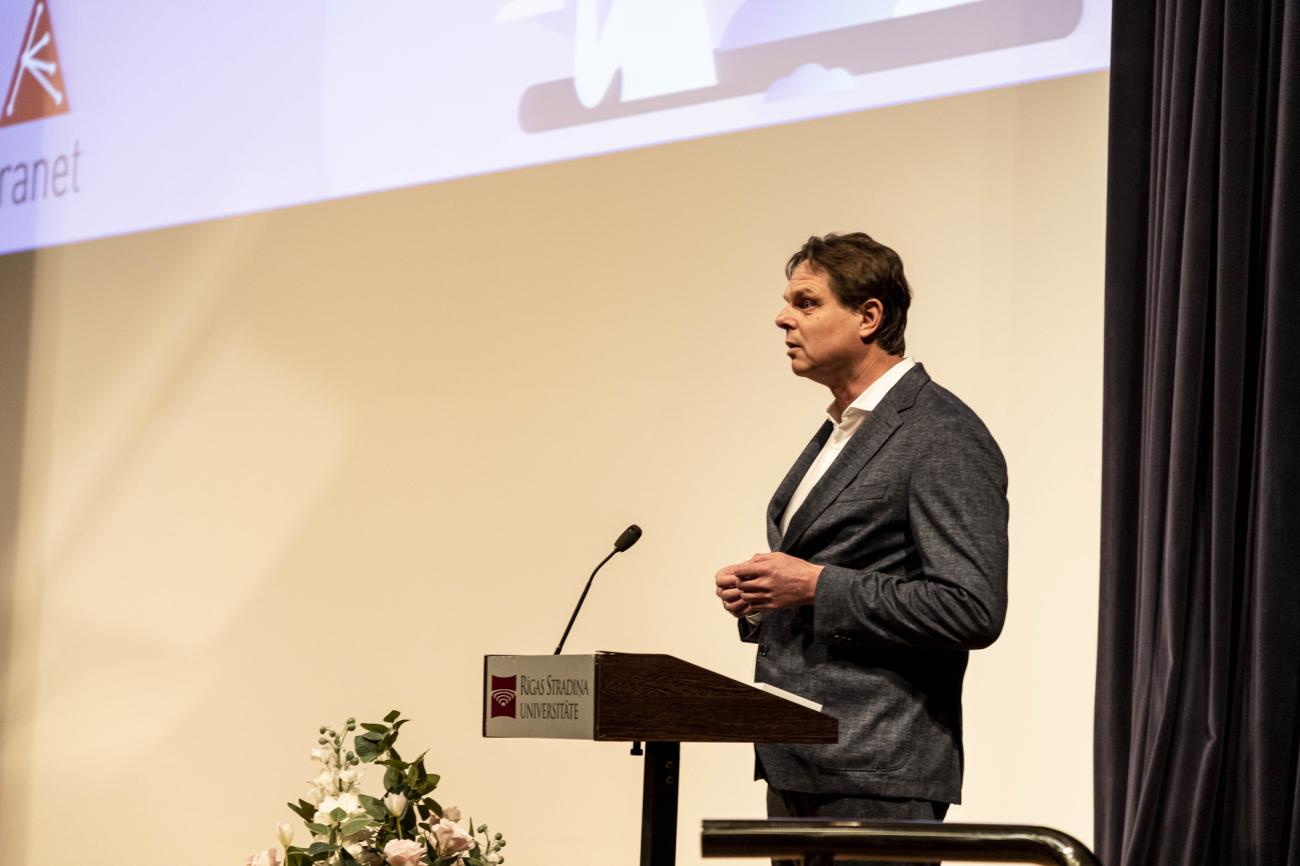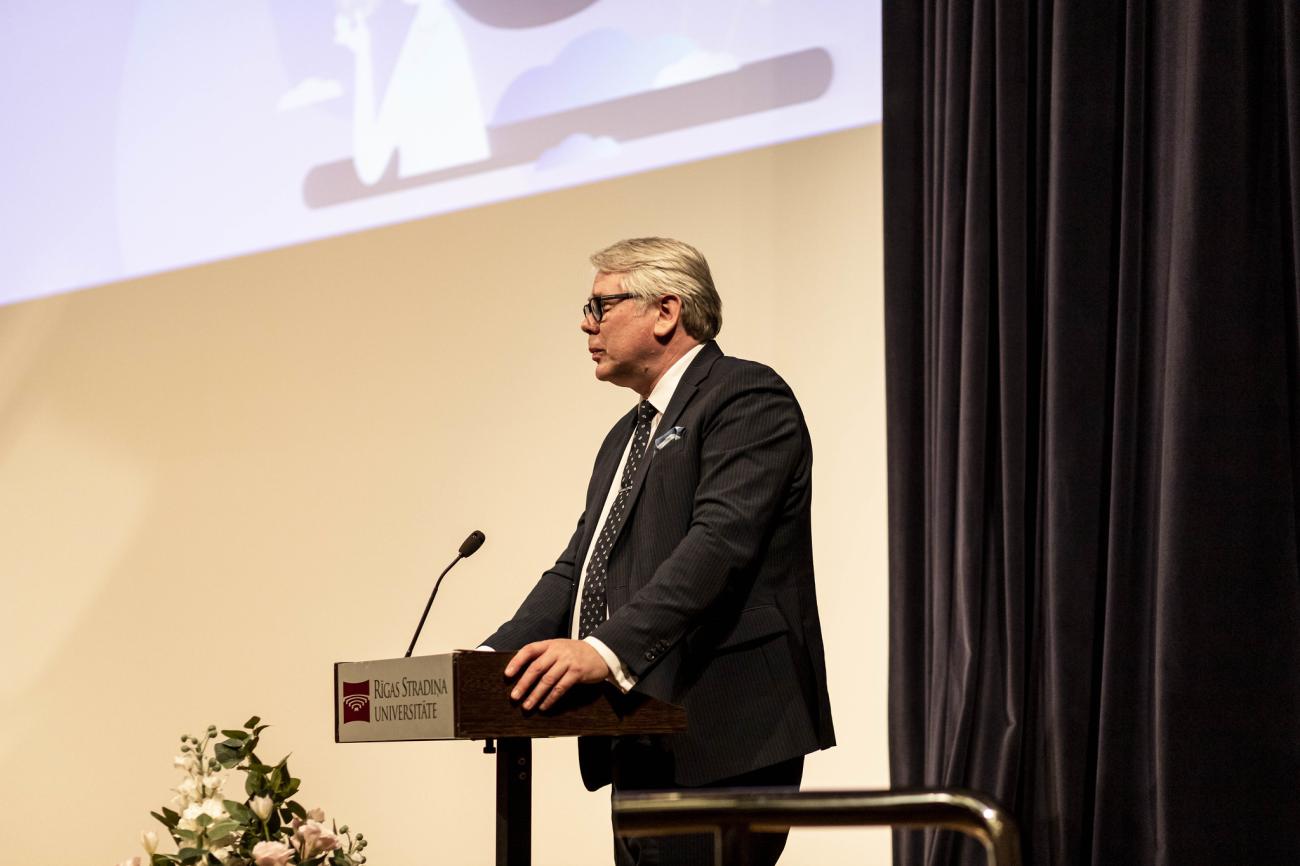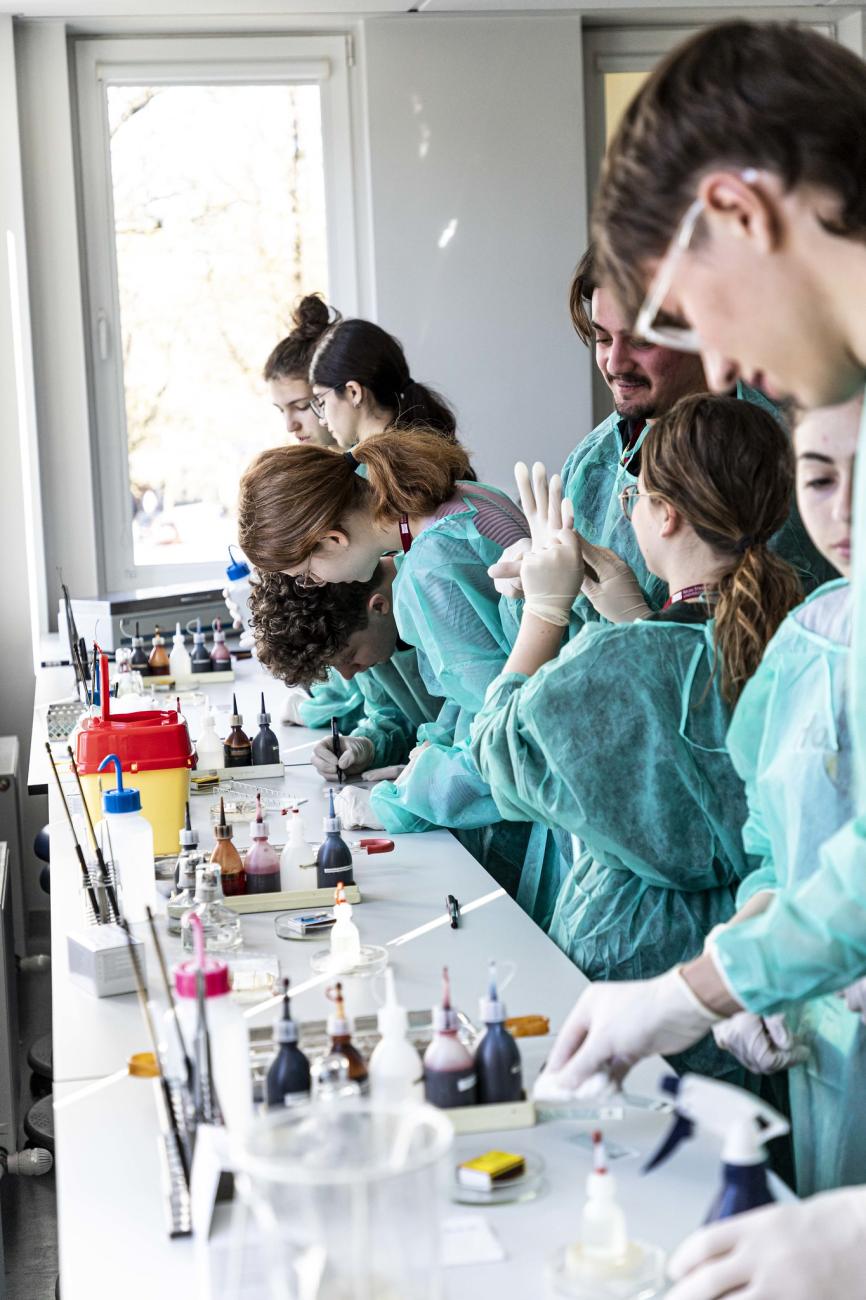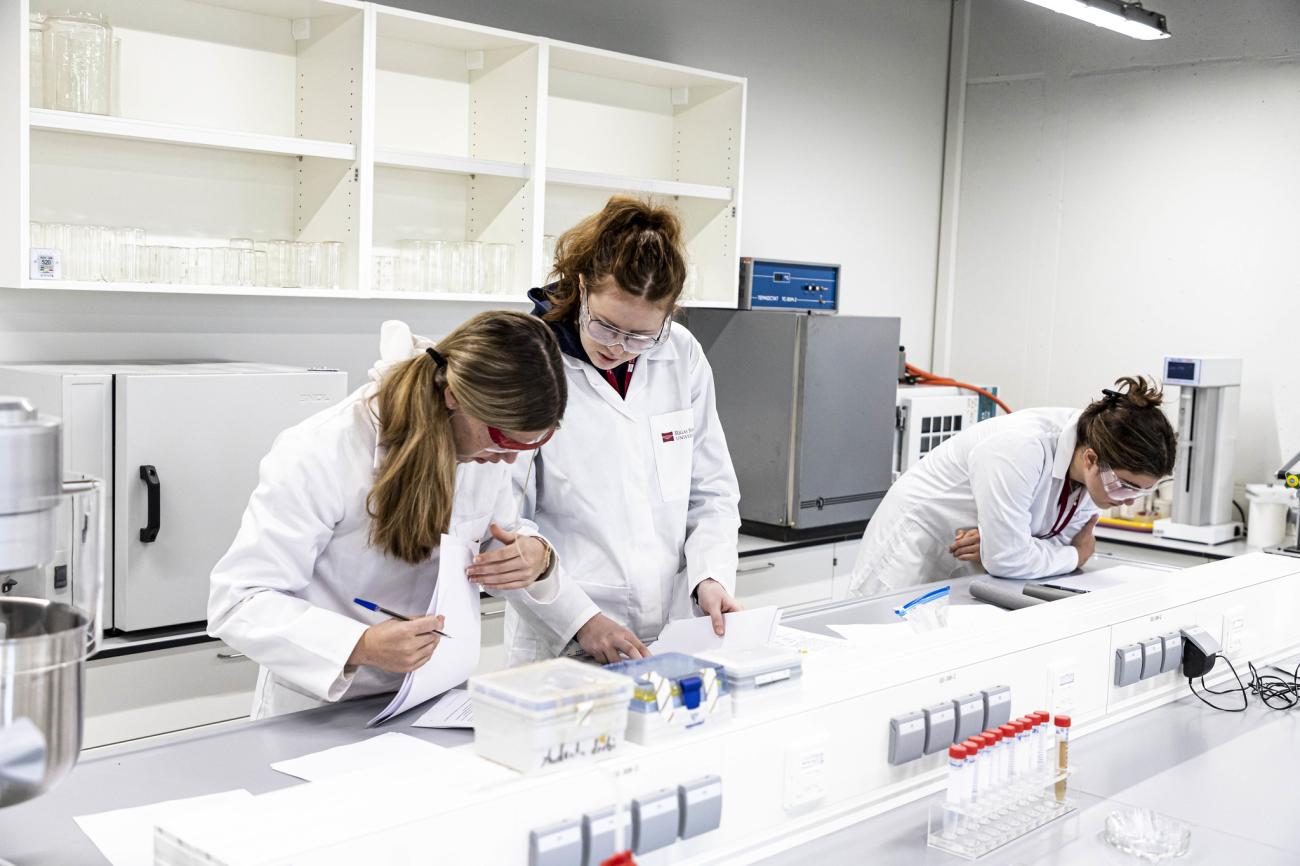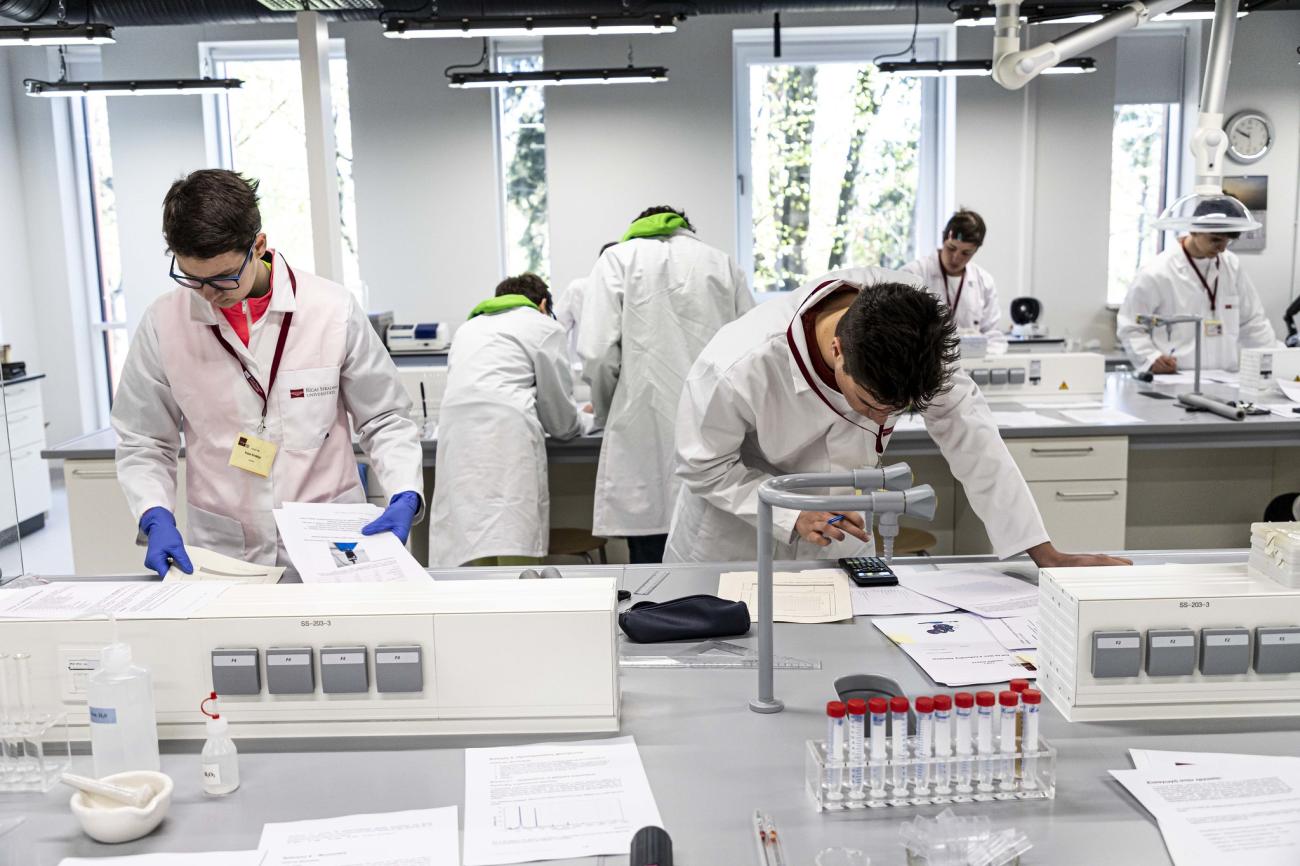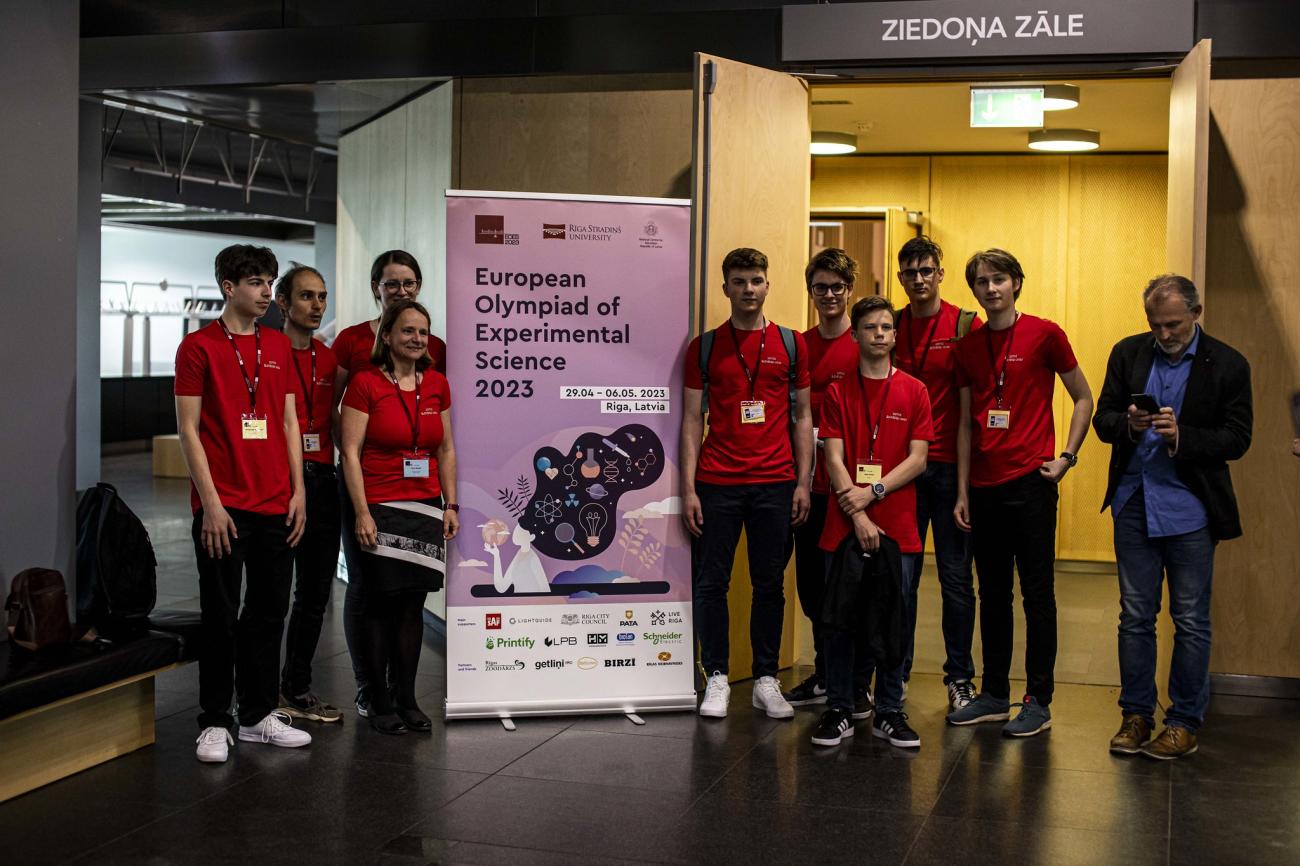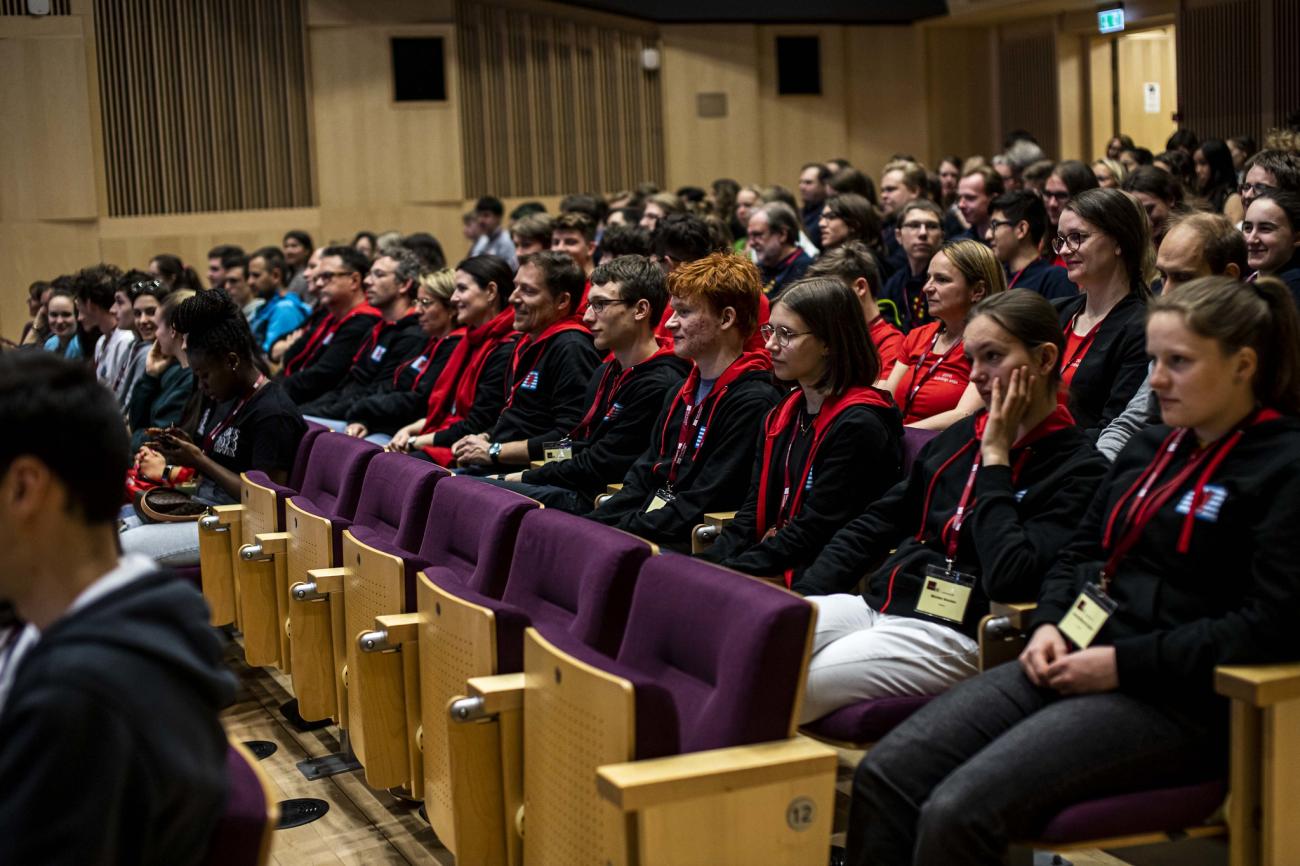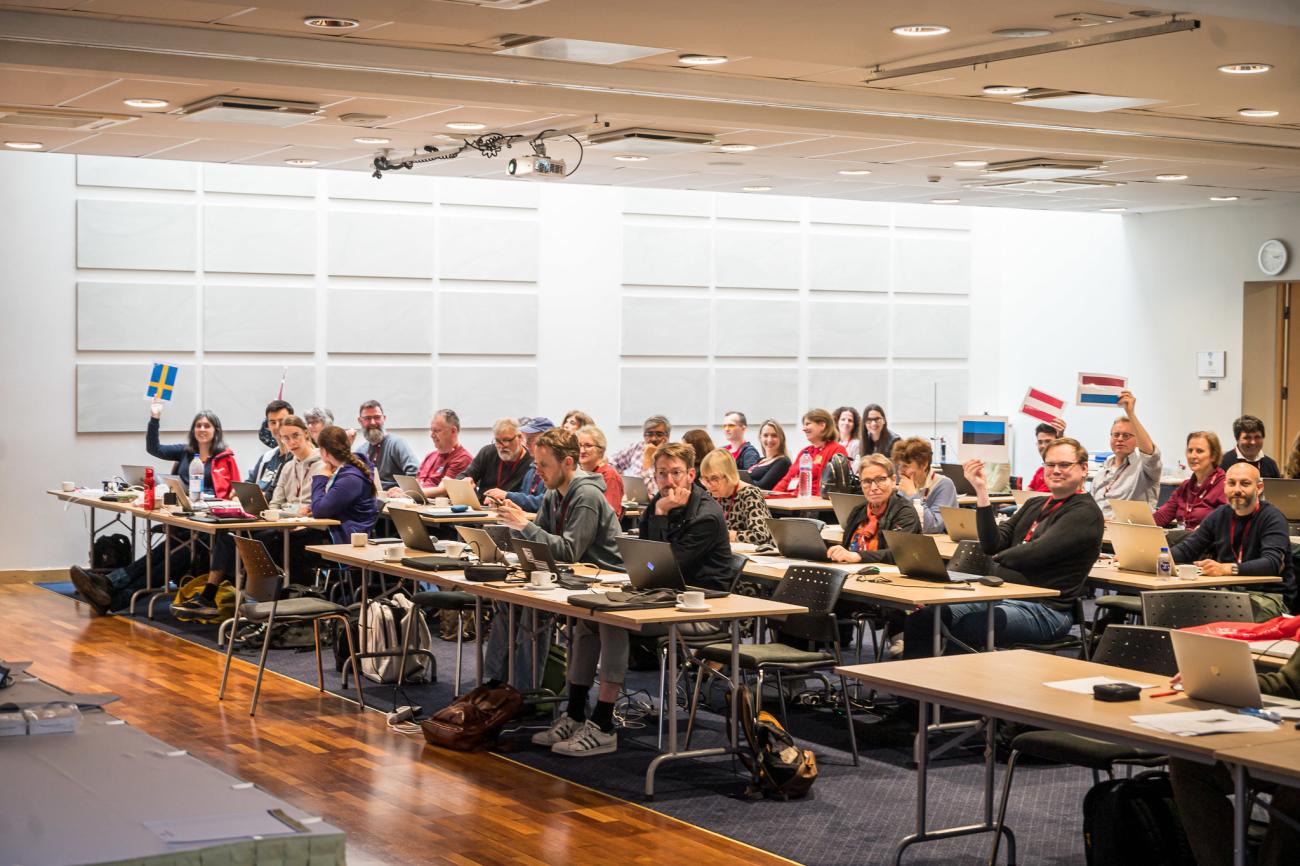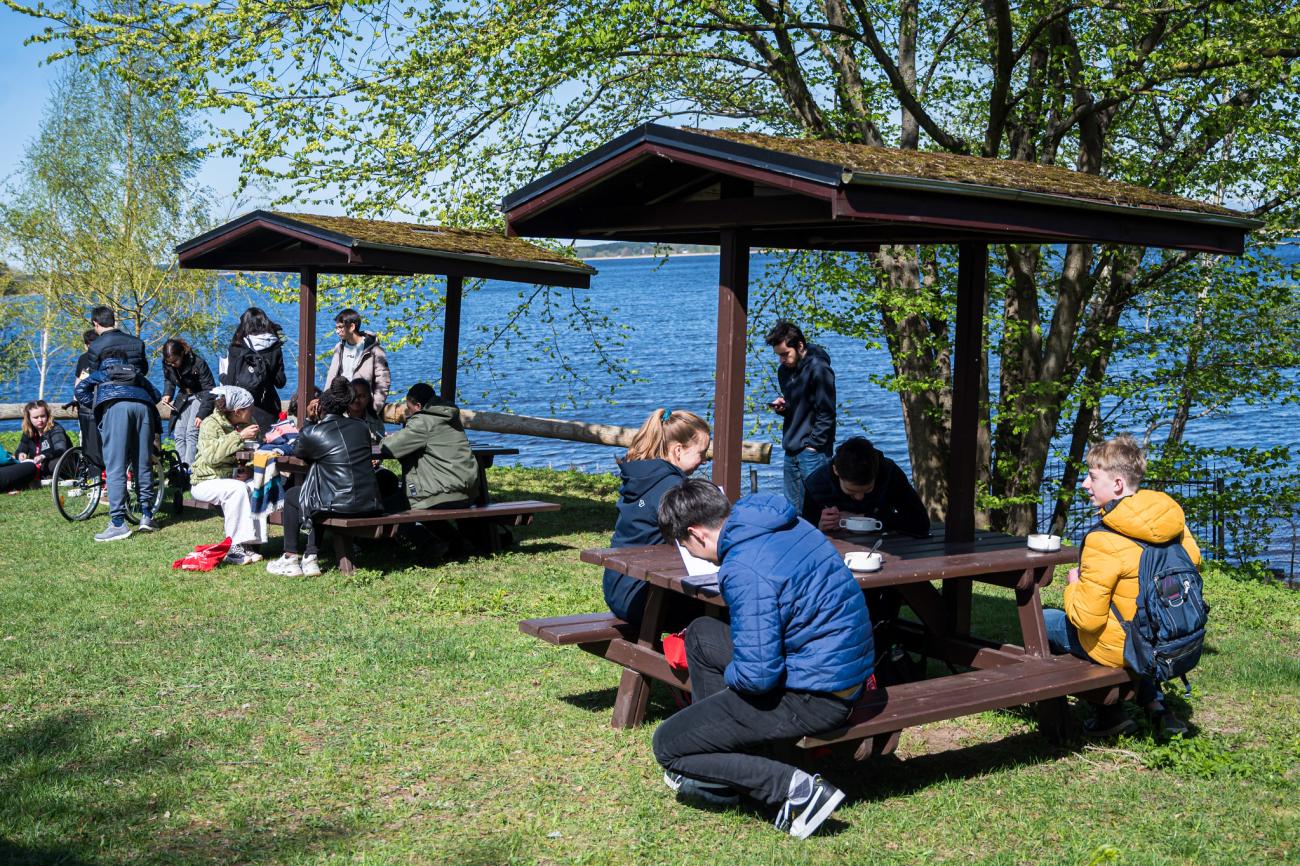Latvia wins silver and bronze at the European Experimental Science Olympiad
The European Experimental Science Olympiad (EOES) was held in Latvia over the course of seven days, from 29 April to 5 May. The event brought together 230 pupils and their mentors from 23 countries, including Ukraine. The best teams of young biologists, chemists, and physicists were determined during a week full of experiments and challenges. Youngsters from Germany scored the highest points, but teams from Hungary, Luxembourg, the Czech Republic and Estonia also won gold medals. Latvian high school teams won one silver and one bronze medal at the International Olympiad.
This team-based Olympiad brings together 15-17-year-olds from Europe, with two teams per country. The main aim of the Olympiad is to strengthen the STEM fields (Science, Technology, Engineering, and Mathematics) in European schools. EOES takes place in a different European country every year. This year, Latvia was the host country, and Rīga Stradiņš University (RSU) was responsible for organising the Olympiad in cooperation with the National Centre for Education and its sponsors SAF Tehnika, Light Guide Optics International, Riga City Council, Printify, PATA, LPB Bank, Hansa Matrix, Schneider Electrics, and Balticovo.
The first of this year's tasks was centred around the Song and Dance Festival. The youngsters had to create a whistle that simulates a larynx and produces certain vowels. They also had to determine the calorie content of snacks suitable for festival participants and assess enzyme activity. The second task focused on the ecosystem of cucumber cultivation. This involved determining the hardness of the available water and creating a plant nutrient solution, microscopically examining a cross-section of cucumber leaves and assessing the amount of light needed for growing cucumbers.
Latvia was represented by two teams with pupils from Jelgava Pārlielupe Primary School, Mārupe Primary School, Riga Secondary School No.49, Riga State Gymnasium No. 1, and RTU Engineering Secondary School. Latvian teams perform competitively at the European level every year. They won silver medals in 2022, 2021, and 2017 in a competition of around 40-50 teams, while the highest result was achieved in 2019 in Portugal, where they won a gold medal (2nd place overall in a 50-team competition).
In their free time, the youngsters visited both the RSU Anatomy Museum and the Medical Education Technology Centre. They also visited the Riga Zoo, where they performed exciting animal-related tasks, explored the centre of Riga for a chemistry detective game and visited the marsh trail in the Great Ķemeri Bog, where they made and painted environmentally friendly scarves. Under the guidance of forest management and timber company PATA, the young people visited the forests of Vidzeme, where they planted a symbolic stand of trees. On the final day, the pupils presented their research on the Aranet 4 CO2 monitoring sensors produced by SAF Tehnika and discussed the possibilities of combining science and business with the printing start-up Printify, the developers of laser science in agriculture Weedbot and others. The participants also enjoyed refreshing snacks - egg ice cream - provided by Balticovo.
Photos
Related news
 RSU inspires and encourages prospective students at Skola 2025 education fairRSU LSPA, For High School Students, For Teachers, Traditional Events
RSU inspires and encourages prospective students at Skola 2025 education fairRSU LSPA, For High School Students, For Teachers, Traditional Events
